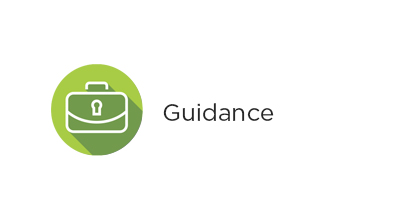
Some practitioners are unclear about the prohibitions as set out in Rule 204.4 of the CPABC Code of Professional Conduct. It’s important to distinguish between those paragraphs that restrict participation on the engagement team from those that prohibit the firm from conducting the engagement altogether.
Not participate on engagement team
When the rule dictates that “a member or student shall not participate on the engagement team”, this means the firm may still accept the engagement. For example, Rule 204.4(1)(a) states that “A member or student shall not participate on the engagement team for an assurance client if the member or student, or an immediate family member of the member or student, holds a direct financial interest or a material indirect financial interest in the client.”
The “engagement team” is defined as:
- each member of the firm performing the assurance engagement;
- all other members of the firm who can directly influence the outcome of the assurance engagement, including:
- those who recommend the compensation of, or who provide direct supervisory, management or other oversight of, the assurance engagement partner in connection with the performance of the assurance engagement. For the purposes of an audit engagement this includes those at all successively senior levels above the lead engagement partner through to the firm’s chief executive officer;
- those who provide consultation regarding technical or industry-specific issues, transactions or events for the assurance engagement; and
- those who provide quality control for the assurance engagement;
and
- in the case of an audit client, all persons in a network firm who can directly influence the outcome of the audit engagement.
Furthermore, we wish to highlight that there is no “de minimus” financial interest permitted in Rule 204.4 (1). It’s any financial interest, not an interest over a certain dollar amount or percentage of securities issued.
Shall not perform
Other paragraphs are more restrictive and prohibits the member or firm from performing the engagement at all. For example, rule 204.4(18)(a) states that “A member or firm shall not perform an assurance engagement for an entity if a member or an employee of the firm serves as an officer or director of the entity or a related entity, except for serving as company secretary when the practice is specifically permitted under local law, professional rules or practice, and the duties and functions undertaken are limited to those of a routine and formal administrative nature.”
Code available on website
We encourage members to review carefully the independence rule in the Code to ascertain the nature of the prohibitions as they might apply in their specific circumstances. You can download the latest version of the CPABC Code of Professional Conduct on our website at www.bccpa.ca/member-practice-regulation/act-bylaws-code-of-professional-conduct.
Rate this Entry
Current rating: 0 yes votes, 0 no votes

